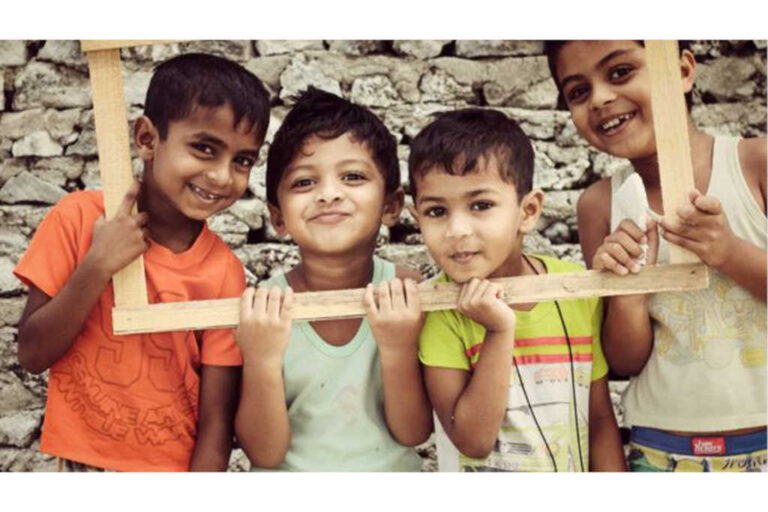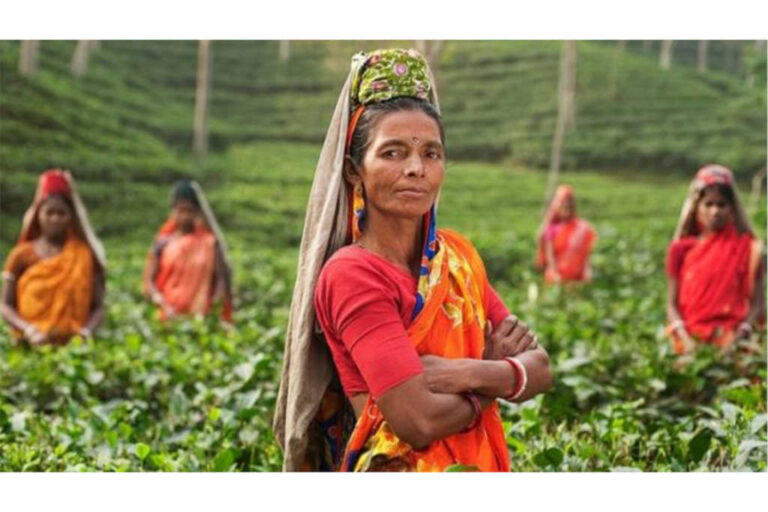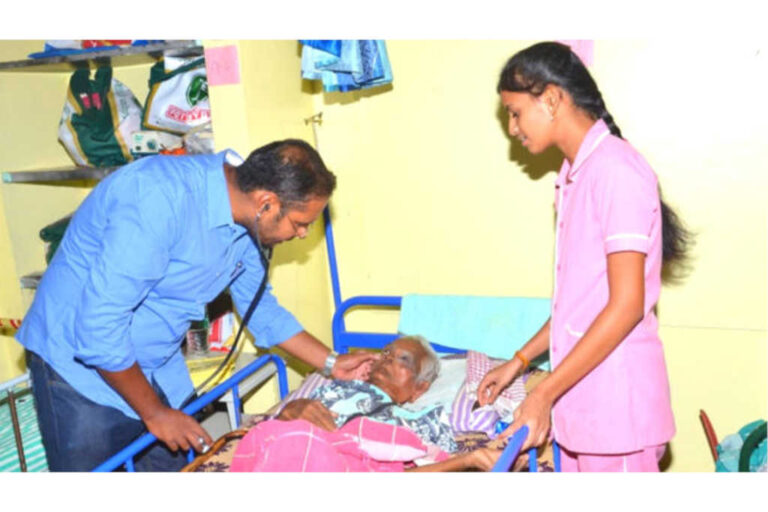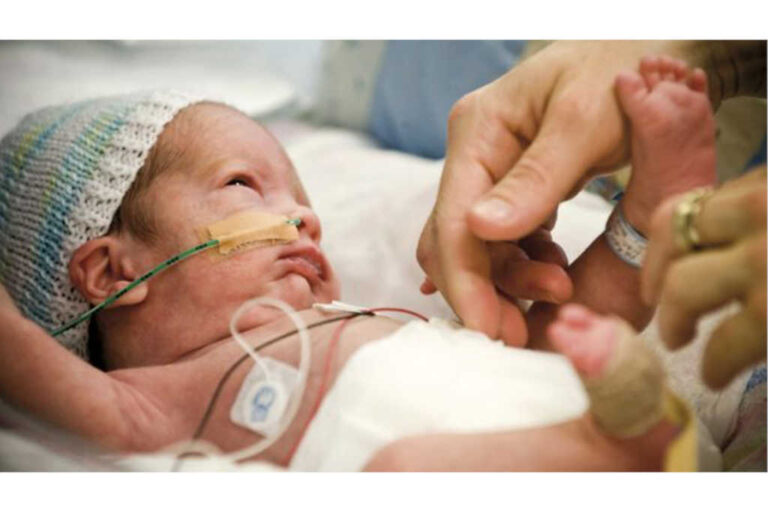We are in the year 2020 now, and we reflect on the past and dream of a Healthy India. Here are some points we need to ponder on, which can help us reach better heights of health.
- A Raise in Budget Grant—The National and State budget assignments must increase by a min of 30% in the next year. An increase in state government allocations to health is necessary: states increasing their distribution by 2% every year will help reach the goal of 8% in four years. Increased spending will fund the “National Health Mission” as well as Health and Wellness Centres that will, in turn, help improve access to quality of primary healthcare. We as a country also dream of sufficient assignments to fund the Centre’s—Strategic plan to influence ‘Tuberculosis’, which remains the biggest threat to India’s General Health.
- Building a good rapport and trust between doctors and patients— the Year 2019 is remembered for the lack of trust between doctors and the public, leading to several occasions of violence against doctors, and they took to the streets during the protest. Let us wish the year 2020 marks the beginning of an era of understanding and better communication between doctors and patients.
- Introducing Eggs in Anganwadi Centres—The Government of India released its first National Nutrition Survey in 2019. Findings confirmed Persistent Malnutrition among children in India. Solution–Anganwadi centres in many states introduce eggs in their daily meals. Eggs can take care of the protein needs of young children at an affordable price. Hoping that policymakers will stick to their original decision to supply eggs in Anganwadi meals and contribute to nourishing India’s underprivileged children.
- Creating Safe Workplaces—In 2020, India’s workers across sectors must have access to safe working environments and hope that factory owner and managers become more sensitive to their employees’ safety.
- Pushing against Tuberculosis—Apart from its debilitating effects – on individual people as well as their friends, families and communities – tuberculosis continues to push people into poverty even after it has been treated.
There is a delay in the diagnosis of tuberculosis, especially among the sparse population, who do not visit a doctor until the symptoms have become severe. Poor nutrition also affects the result of the treatment. In this new year, we wish more patients of tuberculosis are provided with compassionate healthcare, nutritious food and income opportunities they need, to get rid of this disease.
The need for Primary Healthcare Centres to furnish care closer to home, paying attention to prevention and early detection, has never been very acute in India. Generating more of them will significantly improve the population’s health outcomes, even as they reduce the overall need for hospital care. In turn, this will reduce the load on doctors, nurses, lab-workers, technicians and other hospital staff.
India does have a large number of primary healthcare centres and subcenters, but are not enough. A report the Centre for Policy Research, New Delhi, released last year showed that in 14 states, not one single of these facilities meet the National Public Health Standards set by the Ministry of Health and Family Welfare.
There are two parts of the Government’s—”Ayushman Bharat Scheme”. Out of them, the Pradhan Mantri Jan Arogya Yojana [the universal health insurance scheme], has received more attention and resources.
To mention an example–A Primary Healthcare centre in the tribal district of Dungarpur deals with medical emergencies, provides outpatient care, conducts safe childbirth and provides preventive care to women and children.
Wish all primary healthcare centres in the country provide similar care with dignity, especially to the needy and deprived.
Ø Girls and Women can access health care whenever they require—Gender discrimination in India begins with the birth of a girl. The way such prejudice manifests is when parents take lesser, girls and women, to the healthcare facilities for medical assistance when they need it. Example–In specialized newborn-care units in the country, more boys than girls are admitted, confirming an unsettling truth: Inequity begins at birth.
In this new year–2020, we hope to see a Healthy Planet with more women and girls receiving healthcare when they need it. We also hope that both the state and central governments are more enterprising on this front.
Our team at EKAM Foundation works towards providing quality healthcare to needy children and mothers in India. The foundation was started with an underlying theory that no child should be denied the right to healthcare. EKAM’s vision is to work for the wellbeing of children and mothers; and thereby contribute to a reduction in infant, childhood, adolescent and maternal deaths. EKAM is a distinctive health care model, primarily focusing on neonates, infants and pregnant women.
Log onto www.ekam.ngo for more information.






